The Diamond Heist: Was Nike’s Sale of Umbro Ruthless?
The Diamond Heist: Was Nike’s Sale of Umbro Ruthless?
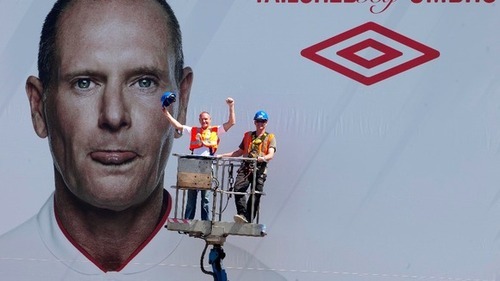

By Kyle Elliott, writing from Leeds
The future of a name that has seemingly been an ever-present in the world of football apparel was cast into uncertainty recently, as Nike announced the $225m sale of Umbro, which was acquired in 2008.
Originally a purchase to combat adidas’ absorption of Reebok, Nike announced earlier this year that they’d be listening to offers for the Manchester-based brand, as they felt the Nike Football label had grown to the point where it could serve the needs of Nike’s customer base.
Rumours soon flew that an investment group from South Korea and Sports Direct tycoon Mike Ashley were both ‘in’ for the historic brand; however another detail was also abundantly clear: the offers Nike were getting where well short of the $580m they paid for the Double-Diamond trademark 5 years prior.
Stranger still, rather than 'dressing up’ the deal further, Nike actually began to make Umbro look like an even worse potential investment for interested parties.
Twelve months prior, Nike had allowed Umbro kit deals with West Brom, Swansea and Sunderland to slide to adidas, whilst Nike themselves announced they would be taking the reigns from Umbro at Manchester City - with a colossal-money kit deal coming into effect as of the end of the 2012-13 season.
But then came the killer blow; in early September, Nike revealed they would be taking over the technical supplier position at the Football Association, which would bring the famous 'Swoosh’ to the FA Cup, Wembley Stadium, St. George’s Park and the England National Teams.
This deal has surprised many and curiously, when the agreement between Nike and Umbro was first complete, former chief executive Brian Barwick believed in it, who stated: “Nike has provided firm assurances that the FA relationship with Umbro will be protected and enhanced, and we look forward to working closely with both companies moving forward.”
Despite a seemingly-staggering $355 million loss on Umbro (a notable splash in Nike’s $2bn soccer turnover) Nike were able to burrow into the English FA like Simon Gruber did to the Federal Reserve in Die Hard with a Vengeance.
Whilst investor hands were were undoubtedly wringing, the business brains in Portland pulled off a corporate masterstroke, sacrificing a short term loss for long term deals with Manchester City, England and even individual player sponsorships like Real Madrid’s Pepe. If there was ever a textbook corporate exercise, this was it; a move Mitt Romney himself would be proud of.
As well as giving Nike the rights to a federation that they would have struggled to get otherwise - it also made it easier than ever to sell. Now stripped of many of the qualities that would have attracted a potential competitor to buy them (adidas may never have stumped up for Umbro, but Warrior Sports-owners New Balance or Chinese super-brand Li Ning could both have used Umbro to gain leverage into the UK market), Nike had justified their investment, and became happy to listen to lower offers.
Whilst this all makes Nike sound like a soul-less, competition-absorbing monster - it’s easy to forget all they did for Umbro.
Once hurtling towards the eternally-80%-off rail at SportsDirect, Nike invested millions into re-establishing Umbro as a power in both the changing room and the high street, installing a top-notch team to work behind the scenes on campaigns and PR.
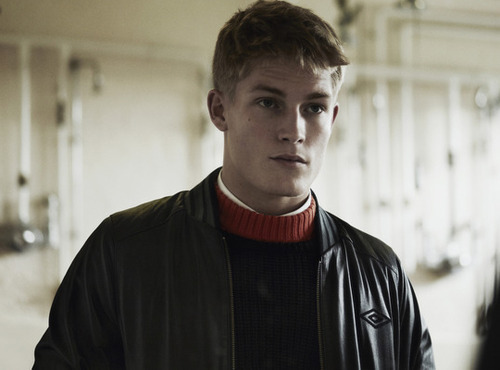
Ever since the unforgettable purity of the 2010 England Home and Away kits, the Tailored by Umbro imprint has been a hallmark of quality in football shirts, anthem jackets and football boots, whilst the 1350 range has seen collaborations with Topman, Footlocker and John Smedley.
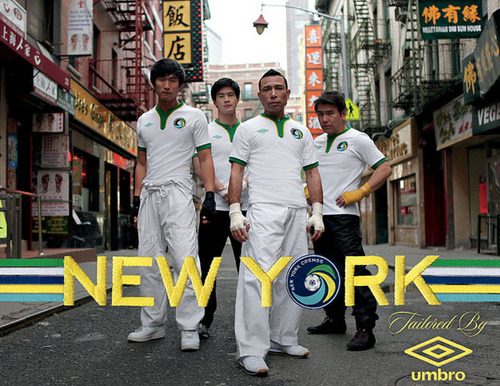
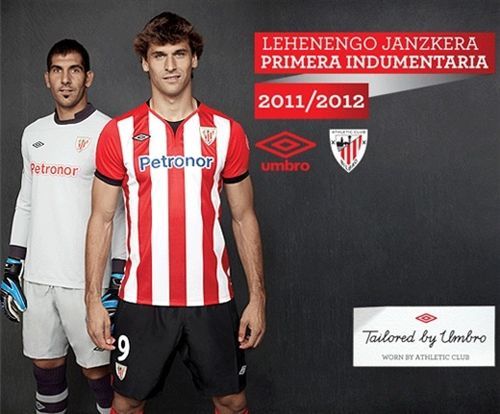
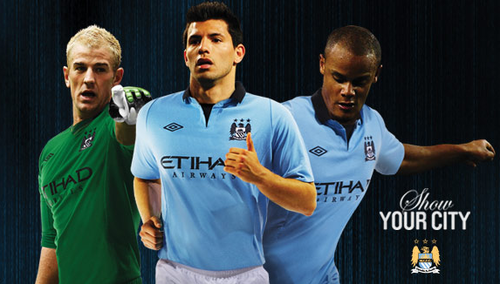
Now Umbro lies in the hands of the Iconix family of brands alongside the likes of Starter, Zoo York and Rocawear. We’ll be looking at the future of Umbro, what their new owners should be looking to do with the brand, and perhaps how Nike have put them in a stronger position than ever to move forward.
This is a guest article by Kyle Elliott, who is the website manager for Footy-Boots. You can follow him on Twitter @KyleElliot and @Footy_Boots. Comments below please.







